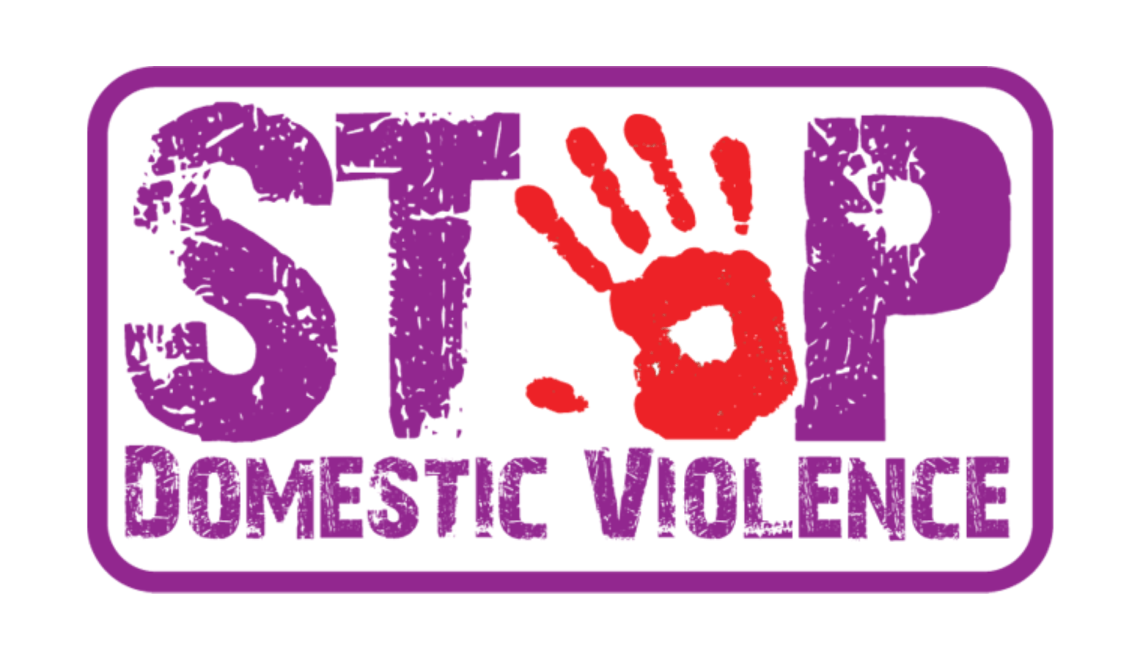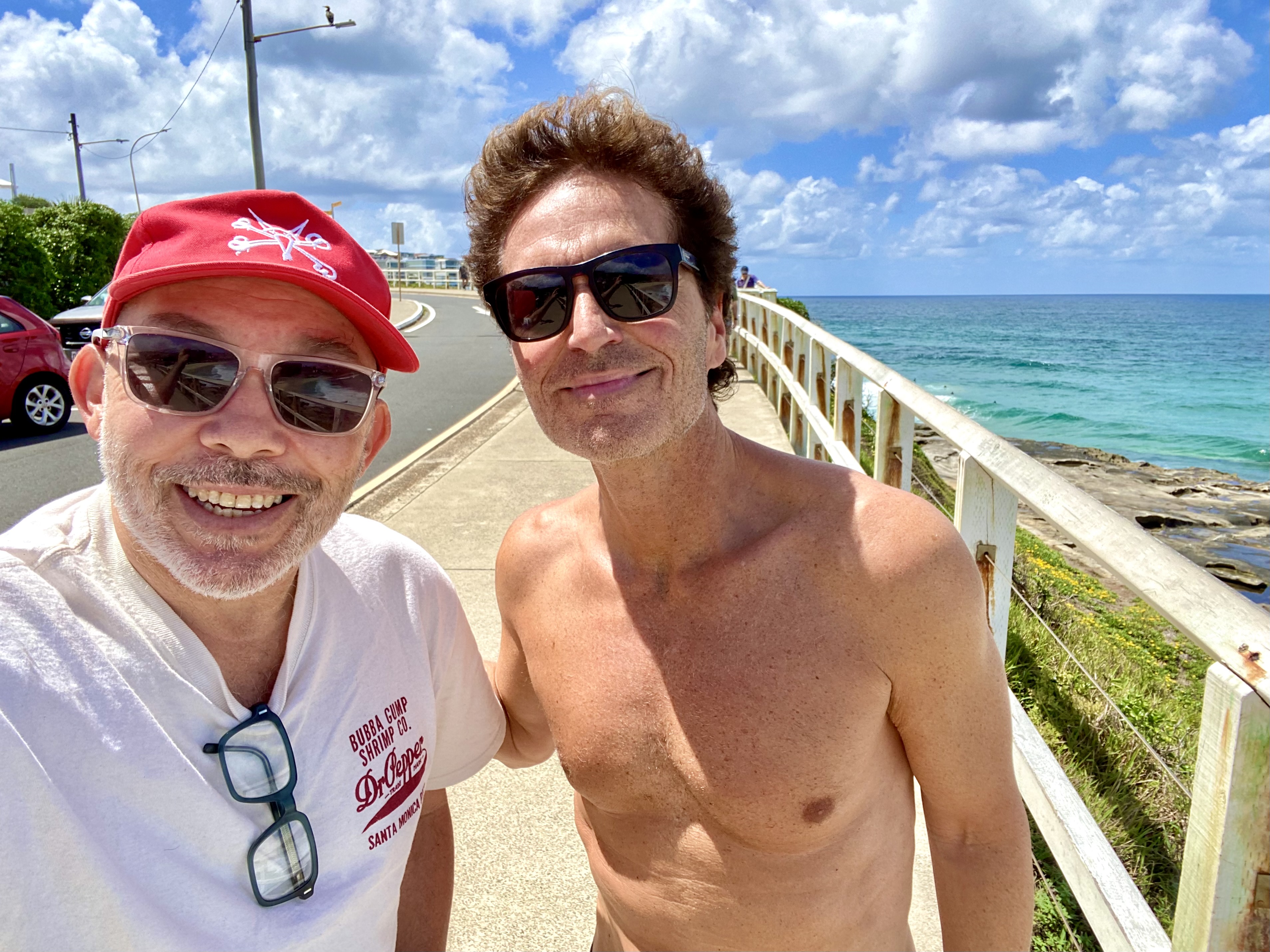
Domestic violence is a broad term, with many offences being classed as domestic violence related in Australia. The charges of domestic violence can vary depending on your state, making it challenging to know what offences can be related to domestic violence, leaving you confused and unsure where to turn or who to trust. Our guide walks you through the offences that can be domestic violence related to help you better understand these charges.
What is a domestic violence charge?
Typically, domestic violence charges will involve emotional, physical, psychological, property damage, or financial harm. Domestic violence itself is not a single charge, but there are several offences that fall under this category due to the relationship between the victim and the accused. Domestic violence charges are often applied in situations involving family members, partners, ex-partners, and close household relationships.
Types of domestic violence charges
There are several types of charges that can fall under domestic or family relationships, including assault charges, sexual violence, and coercive control. We have detailed the primary charges linked with domestic violence below:
Assault charges
Threats of assault or physical assault, including slapping, hitting, or any form of physical harm, are one of the most common charges in domestic violence cases. The charge varies in severity from common assault to grievous bodily harm, depending on the harm inflicted. The penalty for assault in domestic violence varies from fines to imprisonment depending on previous criminal history and the extent of the injuries.
Breach of domestic violence orders
Domestic Violence Orders (DVOs) are put in place to protect victims of domestic violence. Breaching these orders, carrying out any examples of domestic violence or the conditions of the protection order is considered a criminal offence. Breaching a DVO is taken seriously, with punishments including imprisonment.
Choking/strangulation
Choking, strangulation or suffocation in a domestic setting was introduced as an offence in a domestic setting in 2016 in Queensland. The offence must be finalised in the District Court and comes with a maximum of seven years in prison. Choking and strangulation is a serious offence, and the sentence usually involves time in prison unless there are exceptional circumstances.
The charge is very complex, and you will need legal advice if you are charged with choking or strangulation in a domestic setting.
Coercive control
Coercive control is a new offence, coming into effect in 2025 and recognising the coercive or controlling nature of one person towards another. Coercive control can include acts of assault, threats, intimidation, and humiliation used to harm, frighten, or punish a victim. It is considered the heart of domestic abuse and has not previously been recognised as a separate charge in Australia.
A prison sentence can be levied if a person is found to be displaying coercive control towards another in a domestic setting.
Emotional and psychological abuse
Emotional and psychological abuse does not typically have specific criminal charges; it can play a role in the severity of other charges. It can also be referenced in court when assessing the context of the relationship between the victim and the abuser.
Psychological abuse can include isolation, manipulation, and other forms of control that impact the mental well-being of the victim. These aspects of domestic violence can play a role in sentencing and protective orders.
Property damage and destruction
Damage to property, like breaking or destroying items in a home, can be a form of domestic violence. Property damage charges might be applied if an individual deliberately damages or destroys a partner or family member’s belongings. The charge is commonly used for the destruction of a car, computer, or a person’s phone.
Sexual offences
Sexual offences, including sexual assault and rape in a domestic setting, are classed as domestic violence offences. Sexual assault involves a person touching another person inappropriately without consent or forcing another person to commit sexual acts against their will. Rape involves forcing someone to have penetration or sexual intercourse without their consent. Rape is a serious offence and comes with a maximum sentence of life in prison. The defence to sexual offences can be complex, based on the circumstances involving the incident.
Stalking and intimidation
Stalking, including repeatedly contacting someone against their wishes or monitoring movements, is treated seriously in domestic violence cases. It can also include intimidation, where the accuser is making threats to instil fear and they can face criminal charges. These behaviours are usually charged under harassment or stalking laws.
Find a domestic violence lawyer today
Domestic violence lawyers can help you with any of these domestic violence charges if you are a victim or the accuser. When handling these charges, you need a supportive and experienced lawyer who will help you get the best outcome. Lawyers like Donnelly Law specialise in domestic violence charges and can help you get the support and legal advice you need.







